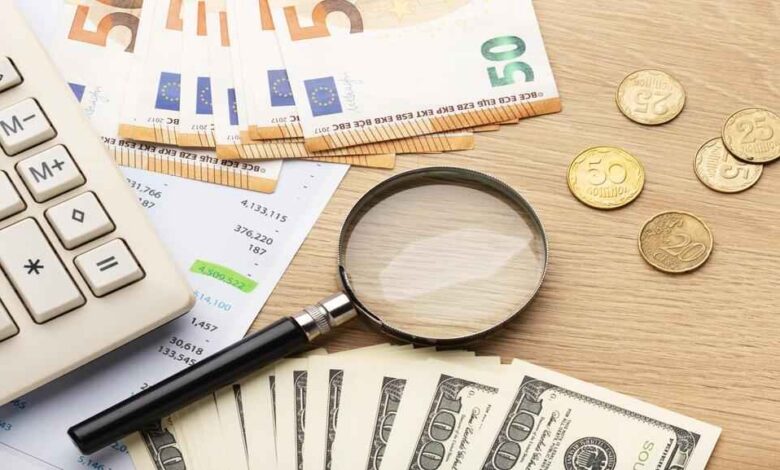10 Way to Enjoy a Trip with the Best Forex Rates

Travelling is one of life’s greatest pleasures—but no one wants to come home broke or feel like they’ve overpaid. Whether you’re planning a quick city break or a months-long adventure, understanding how Forex (foreign exchange) works can seriously boost your travel budget. With a little bit of know-how (and timing), you could be enjoying more cocktails on the beach or ticking off extra experiences—all thanks to better currency exchange.
Here’s how to make the most of your travels using smart Forex tips that even savvy traders swear by.
Table of Contents
1. Start Watching the Rates Early
Don’t wait until the night before your trip to think about currency. Exchange rates fluctuate constantly, and catching a good rate ahead of time could save you a lot. Set up alerts on apps like XE or Google to track your destination’s currency. For example, if you’re travelling from the UK to Thailand, and the pound gets stronger, changing your money before the trip means more baht for your buck.
2. Avoid Airport Currency Exchange Counters
We get it—it’s tempting to grab some cash at the airport for convenience. But the rates at airport kiosks are notoriously bad. You’re better off changing money at a bank or local exchange shop in the city. Or better yet—plan ahead and order foreign currency online at better rates with delivery options.
3. Use Multi-Currency Travel Cards
Prepaid travel cards let you load up different currencies in advance, often locking in exchange rates and saving you from daily fluctuations. Brands like Revolut or Wise are favourites among travellers and digital nomads. Plus, it keeps your spending organised.
4. Avoid Paying in Your Home Currency Abroad
If a restaurant or shop offers you the option to pay in GBP instead of the local currency, decline it. This “dynamic currency conversion” usually comes with a terrible exchange rate and hidden fees. Always choose to pay in the local currency.
5. Take Forex Trading Know-How on the Road
If you’ve ever dabbled in Forex trading—or even watched someone else do it—you know it’s all about taking calculated risks and watching market trends. Travellers can use the same principles. For example, knowing when a country’s currency is expected to weaken or strengthen helps you plan when to exchange your money. A traveller heading to Japan might hold off converting pounds into yen if news suggests a drop in the yen’s value next week. It’s Forex thinking—without needing a trading account.
6. Pick a Credit Card with No Foreign Transaction Fees
Not all cards are created equal. Some charge up to 3% on every foreign transaction. That adds up fast. Look for cards that waive these fees and offer travel rewards too. Barclaycard Rewards or Halifax Clarity Card are popular UK-based options.
7. Withdraw Cash Smartly
Withdrawing small amounts of cash multiple times abroad? That’s a fast-track to fee fatigue. Instead, withdraw larger sums less frequently to avoid repeated ATM fees. Pro tip: always use ATMs inside banks or trusted buildings, not standalone ones on the street.
8. Keep Some Emergency Cash in Local Currency
Not every country is card-friendly. In places like Morocco or Vietnam, cash is king. Plan accordingly. Don’t assume you can tap your phone everywhere. Have some bills handy for taxis, markets, and remote areas.
9. Use Forex Apps for Real-Time Monitoring
Forex apps aren’t just for traders. They’re helpful tools for travellers too. Apps like CurrencyFair or TransferWise give you up-to-date info, rate history, and even let you send money across borders at the mid-market rate. No nasty surprises.
10. Be Polite, but Don’t Be a Tourist with Your Money
In many countries, prices aren’t always fixed. If you’re shopping in markets or booking excursions, knowing the local exchange rate helps you negotiate with confidence. Don’t be afraid to politely haggle, especially if you’re paying in cash.
Bonus Tip: Learn from Forex Traders
Forex traders aren’t lucky—they’re strategic. They study trends, manage risks, and make smart decisions. If you apply even a fraction of that mindset while managing your travel money, you’ll travel smarter. Imagine using those savings for an extra night in a boutique hotel or a Michelin-star dinner in Bangkok. That’s the power of knowing your money.
Final Thoughts
Travel should be fun, not financially stressful. By understanding how to work with (not against) exchange rates and applying a little Forex savvy, you’ll stretch your budget and enjoy more of what truly matters—experiences, culture, and memories.